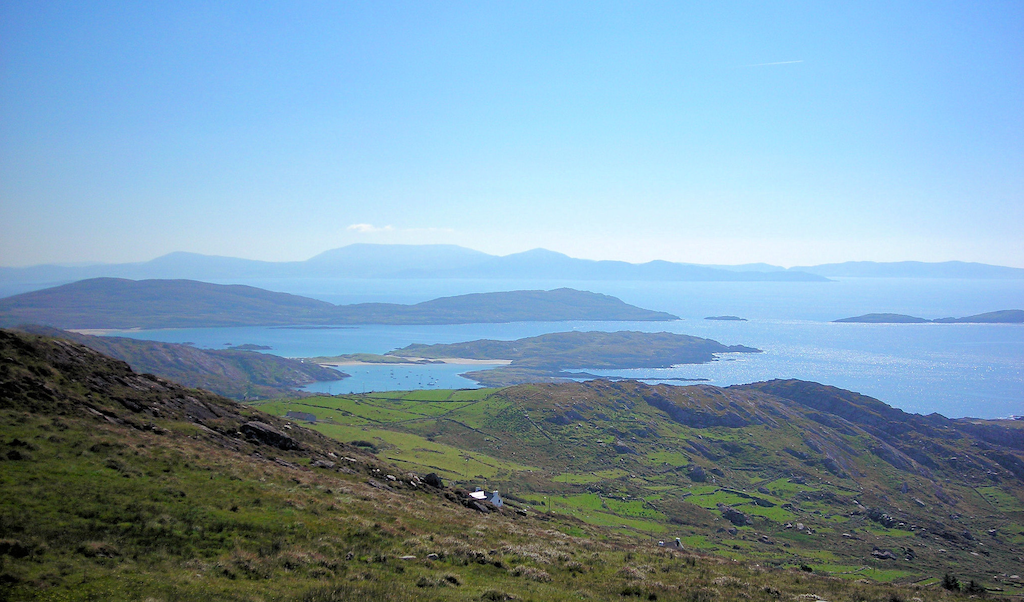Irish GT Energy raises US$2.1million for project

Irish GT Energy raises US$2.1 million for projects in Ireland and the UK from private investors, but also through grants from the British government.
In an article from Ireland it is said that “An Irish firm that aims to become a major player in geothermal energy has raised almost EUR€1.6 million in equity and grant funding.
GT Energy, which plans to generate energy from steam from deep in the earth, got first-stage funding of EUR1 million from private investors, and also secured grant aid of GBP 500,000 (EUR 575,000) from the British government. The money will be used to develop projects in Ireland and Britain while further fundraising continues.
The equity funding was raised through NCB Corporate Finance in Dublin and the investors will take a minority stake in GT Energy. The grant aid came from the British Department of Energy and Climate Change, in conjunction with Ballymena Borough Council in Co Antrim, where the firm is developing a district heating network based on its technology.
The company has other projects in the North, and is close to announcing a number of projects in Britain. It is also developing a pilot project in Newcastle, Co Dublin, where it believes that geothermal energy could provide up to 25 per cent of the area’s energy needs.
While geothermal energy is popular on the continent, particularly in Italy and Germany, the technology is in its infancy in Ireland and Britain. Padraig Hanly, managing director of GT Energy, said the fundraising meant that the firm was ‘‘firmly on track’’ to become the main player in developing deep geothermal energy in Ireland and Britain.
Hanly said that geothermal energy could help Ireland to meet EU targets on renewable energy and reduce dependency on fossil fuels. He said it would also ‘‘generate significant economic growth and development, nationally and at a local community level’’.
GT Energy expects to raise significant funding on a project-by-project basis over the next two years.”
Source: The Post